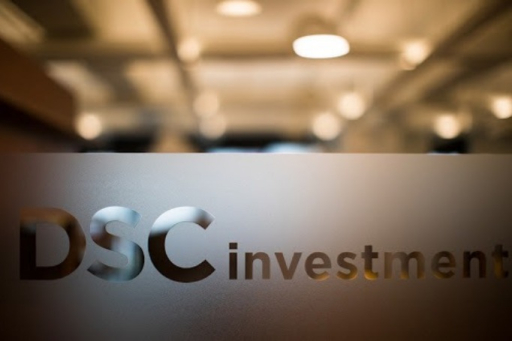Summary:
VCs are increasingly investing in K-pop startups, driven by the global success of hits like KPop Demon Hunters, marking a shift from traditional tech and retail focuses.
DSC Investment backed companies like Vlast and 3Y Corporation, with investments taking over six months due to high IP development risks but justified by MZ generation synergies.
Startups such as Modhaus and S2 Entertainment have raised billions of won, showing that smaller K-pop companies can achieve global success with VC support.
Technology innovations, including blockchain fan voting and virtual idol tools, are enabling startups to compete without the deep pockets of major entertainment firms.
Global platforms like Netflix pose challenges, as startups rely on them for distribution, but also opportunities, with Netflix expanding into K-pop events and merchandise.
The Rise of K-Pop Startup Investments
Once reluctant to touch entertainment, investors are now flooding K-pop startups with cash in hopes of capturing the next global breakout following the success of KPop Demon Hunters.
South Korea's leading venture capital firm, DSC Investment, recently invested in Vlast, the creator of virtual idol group Playve, and 3Y Corporation, the company behind the four-member girl band QWER, co-managed by Tamago Production. This investment, however, wasn't easy, as developing original intellectual property (IP) with an entertainment company carries significant risk. It took over six months of review, but the decision was based on the belief that the MZ generation's content habits combined with fandom culture could create powerful synergies. Playve's EP album topped 1 million in first-week sales and has racked up 500 million YouTube views to date, while QWER has emerged as a mainstream player in the K-pop scene. The term MZ generation refers to millennials and Gen Z in Korea.

Sharp Shift in Investment Decision
Once overlooked as frivolous, K-pop companies are now attracting serious capital. This marks a sharp turn for DSC, which previously backed mainly retail and tech startups like Market Kurly, Musinsa, and Dunamu. For years, investors avoided K-pop due to narrow revenue streams and the difficulty of pivoting if a hit failed to materialize, making survival tough for underfunded startups in a giant-dominated industry. However, this has changed as several K-pop groups launched by startups achieved global success, drawing VC interest.
Modhaus, behind the girl group tripleS, recently raised 21 billion won ($15.1 million) with backing from four of Korea's top 10 VCs. S2 Entertainment, managing Kiss of Life, raised 5.2 billion won from investors including Korea Investment Partners. Crit Ventures invested in Regime International, led by DPR Ian, and STIC Ventures backed iNKODE, founded by former TVXQ member Kim Jae-joong.
(Graphics by Daeun Lee)
Technology and Creative Marketing Make the Difference
In the past, globalizing K-pop required the resources of major entertainment companies, but today, smaller rivals compete by leveraging technology and unique ideas. Modhaus, for example, invited fans to vote on decisions like spinoff projects and music videos via a blockchain-powered platform, exchanging voting rights for photo cards. The virtual idol market is expanding rapidly with real-time 3D motion capture and facial-tracking tools, allowing virtual bands to perform like humans. High-definition livestreaming and VR have reduced stage costs, with Vlast and 23i leading this niche. The success of KPop Demon Hunters reflects shifting perceptions toward virtual performers.
(Graphics by Daeun Lee)
Global Platforms Hold Outsize Power

Replicating the success of Netflix's KPop Demon Hunters is challenging without deep cash reserves and a developed ecosystem. Most startups lack funding for global IP pushes, relying heavily on giants like Netflix and YouTube for production and distribution. Attempts to launch K-pop dedicated streaming services have failed against these behemoths. Netflix has expanded into the K-pop event market, filing a trademark to extend the franchise into merchandise, concerts, and virtual events, threatening local control. An industry official emphasized the need for collaboration between the government, investors, and companies to build a solid K-pop ecosystem spanning IP creation, platforms, and event infrastructure.









Comments